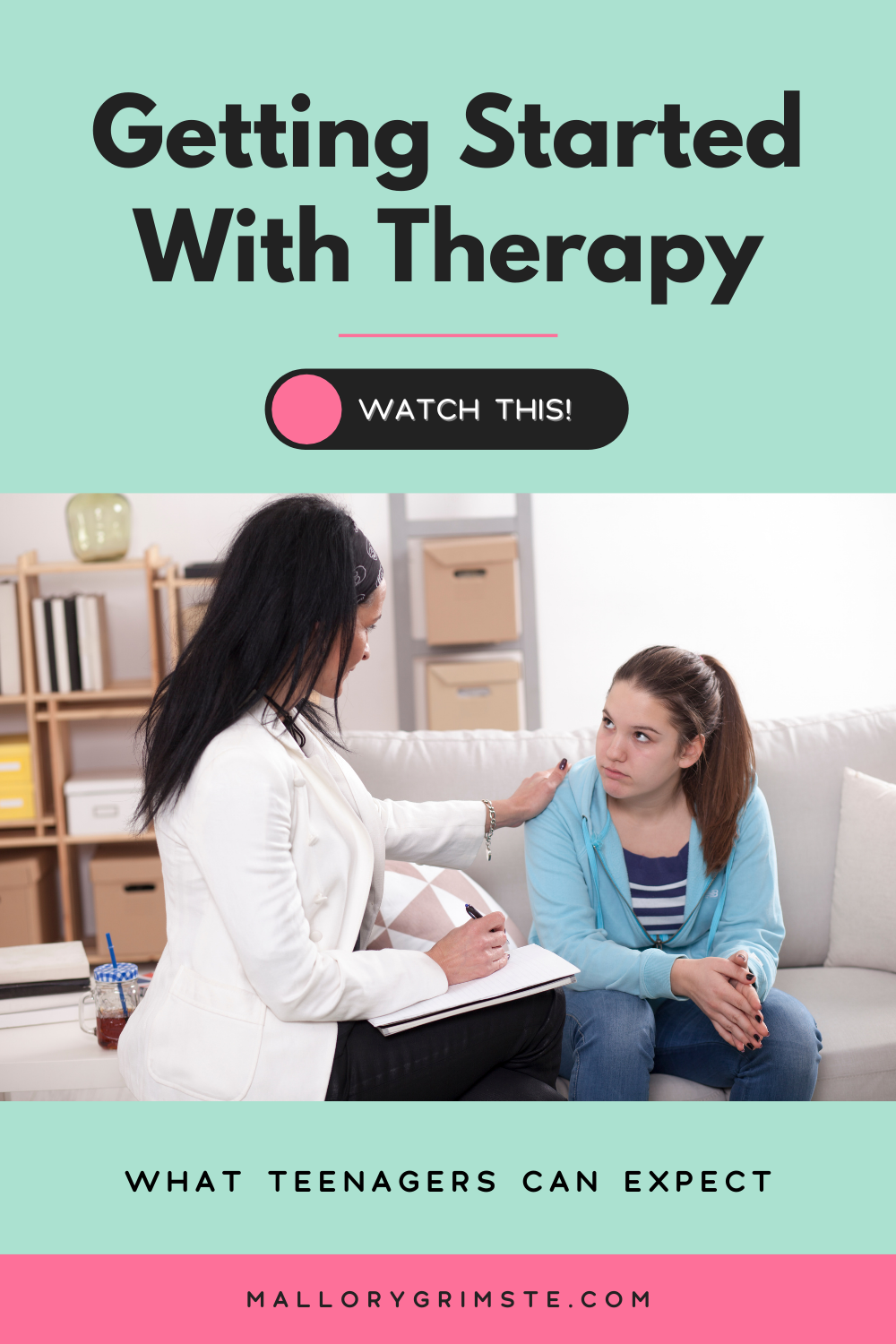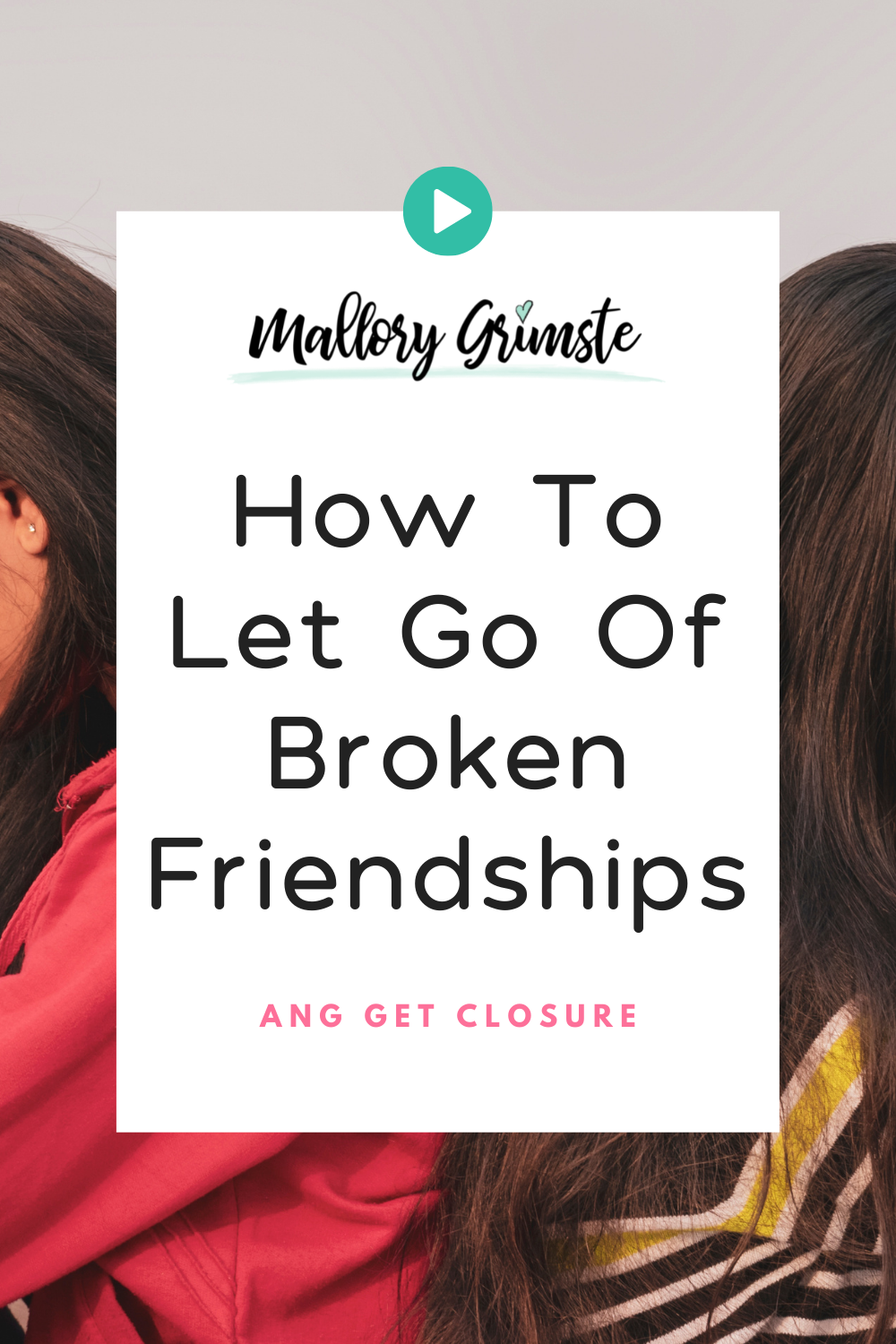SCHOOL STRUGGLES?? How to Ask Your Teacher for Help in 2022
Mental Health struggles can often spill over into school struggles, so it's super important to know how to ask your teacher for help. In this video post, you'll learn how to use the Interpersonal Effectiveness strategy called DEAR MAN to ask your teacher for help.
What is DEAR MAN? It's a strategy that comes from Dialectical Behavior Therapy used to effectively ask for what you want from others.
Want a Date in 2022? Use this psychology strategy
The year is 2022 and you have spent the last three years in a worldwide pandemic and you are ready to ask your crush out for a date. It makes total sense if you're feeling nervous. It can feel wildly uncomfortable to think about asking your crush on a date but if you want a date in 2022, someone's gotta make a move. That's why in this video post, you’ll learn how to use a strategy from psychology called DEAR MAN to ask your crush on a date.
How to Ask for Help when you're a teenager
Knowing how to ask for help when you're a teenager is a highly valuable life skill. You don’t have to wait until you’re older to ask for help. You can learn how to ask for help right now! This strategy from DBT called DEAR MAN can help you effectively ask for what you want. Video post from Mallory Grimste, LCSW.
Wanna Control your Anger?? 5 Anger Management Tips for Teens
Want to CONTROL your anger?? Mallory Grimste, LCSW shares 5 tips for teens that are therapist approved to help manage your anger. (Counseling for people physically located in CT + NY).
Therapy NOT Helping!? How to tell your therapist
You don't have to be afraid to tell your therapist if therapy isn't helping. This video post will review some common reasons therapy may not be helping and how to use DBT's FAST skills to tell your therapist so you can get help. Video post from Mallory Grimste, LCSW (counseling for people physically located in CT + NY).
Starting Therapy? Here's What Teens Can Expect
If you're new to counseling, it's normal to feel a variety of emotions when you're starting therapy. This video will help teens know what to expect when it comes to starting therapy. We'll go over how to prepare before your first therapy appointment, what happens at that first therapy session (called a Client Assessment), the importance of your treatment plan, and what the deal is when it comes to parental involvement. Teen Therapist Mallory Grimste, LCSW (counseling for people physically located in CT + NY) walks through what to expect when you start therapy as a teenager.
Feeling ANGRY? Therapists LOVE to see it- here's why
Feeling ANGRY? Therapists LOVE to see it- here's why video post from Mallory Grimste, LCSW (counseling for people physically located in CT + NY).
Friendship Breakup!? Do this to get closure + let go
FRIENDSHIP BREAKUP? Do this to get closure + let go video post from Mallory Grimste, LCSW (counseling for people physically located in CT + NY).
Self Care #WithMe | 10 Daily Habits to Upgrade Your Mental Health
Self Care #WithMe | 10 Daily Habits to Upgrade Your Mental Health video post from Mallory Grimste, LCSW (counseling for people physically located in CT + NY).
WARNING!! It's time to END the friendship 🚩
WARNING!! It's time to END the friendship 🚩 video post from Mallory Grimste, LCSW (counseling for people physically located in CT + NY).










